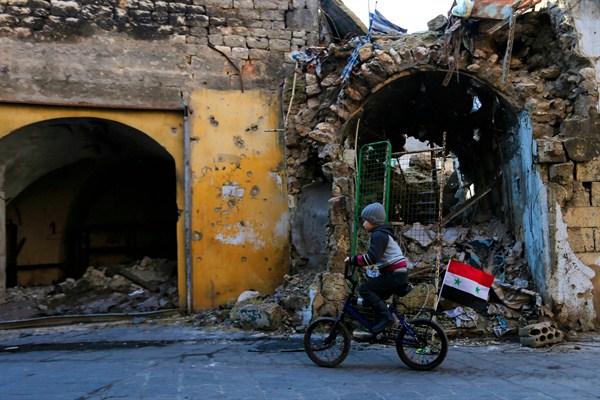Carl von Clausewitz, the eminent 19th-century Prussian military theorist, believed war could best be understood as the interplay of three powerful forces: hatred, rationality that focuses hatred on political objectives, and chance. Chance made war unpredictable, but rationality, by making killing a means to an end rather than purely an act of hatred, kept it from becoming even more violent than it otherwise might be.
This perspective reflected Clausewitz’s personal experience in the Napoleonic Wars. At that time, the military strategists of Europe’s great powers attempted to avoid killing civilians whenever possible, at least when fighting each other. Although the colonial wars of these same European nations sometimes did devolve into genocide, even large conventional conflicts of that era—like the Napoleonic Wars and the American Civil War—saw remarkably few civilians die as a direct result of military action. The rational component of war checked its hatred, at least as far as killing noncombatants went.
Then the bounds on war were shattered. World War II and the horrific civil wars of the 20th century killed many more civilians than combatants, whether from afar or up close. That tragic trend continues. In today’s wars, most combatants make little effort to avoid killing civilians and, in fact, often do so deliberately. To put it in Clausewitz’s framework, rationality no longer bounds passion and hatred—killing civilians has become primal and promiscuous.

